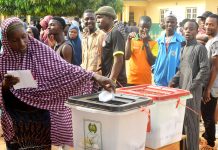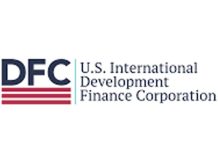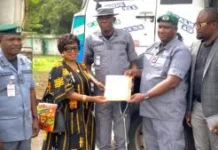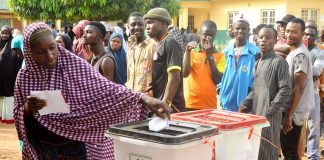For Mallam Farouk Salim, the Director-General (DG) of Standards Organisation of Nigeria (SON), Nigeria may not be able to fully attain its economic development targets if it doesn’t get the required support for industries.
Addressing stakeholders during a courtesy visit to the multi-million dollar Gujeni Integrated Iron Ore Mining and Processing Plant (GIIOMPP), in Kagarko Local Government Area of Kaduna State, the SON DG emphasised the need to support industries if the country must attain its developmental targets, as he maintained that the country could only become great industries’ growths.
He said Nigeria could only become great when “industries grow and people pay taxes as well as build communities adding that, “a country doesn’t become great because we import everything or our children go overseas to make a living.”
According to Salim, SON had over the past 50 years buttressed the fact that the country could only progress and earn the respect it deserves through “investment in our people, industries and natural resources”.
Noting that there are various natural resources spread across the country which require between $100 million and $500 million to turn around the fortunes of the host community and the country in general, Salim commended the African Natural Resources and Mines Limited (ANRML), owners of the steel factory which is expected to begin operations soon, for believing and investing in the future of the country.
Amongst other contributions, Salim revealed the factory would make to the Nigerian economy, are -10,000 direct employment opportunities to Nigerians as well as over 500,000 indirect jobs.
“This is the largest investment outside the oil sector and what that means is that based on what they are doing, very soon, they will not only produce what Nigeria needs – high-quality products but they will export and when we export, we are saving money in two ways; we are saving money by earning money back into the country and we are saving money by stopping the idea of taking our hard-earned resources to buy products and bring back into the country,” he added.













